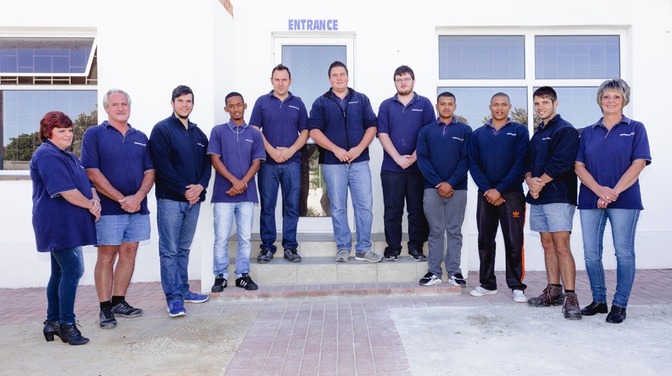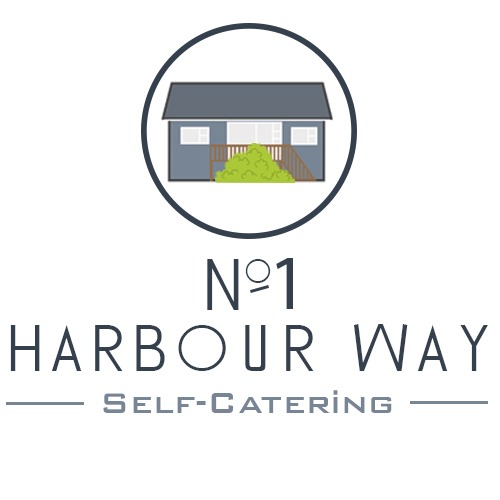Although most matrics currently writing exams think they have a plan for next year, there are many who are still undecided about the right thing to do. Unfortunately, there are also many who will have their plans thrown into disarray by their results or changed personal circumstances. So the key questions a significant number of matrics will have to face in the coming months are: Should I study or work next year? What about a gap year? What happens if I study and fail?
“While no one can predict with 100% accuracy the way things will turn out, there are a couple of realities to take in to consideration,” says Dr Felicity Coughlan, Director of The Independent Institute of Education, SA’s largest and most accredited private higher education institution.
“The first thing to note, is that graduates generally earn more throughout their lives than those without post-school qualifications and they are more likely to find employment,” she says.
“So if you are in a position to get a higher education, you must certainly choose that route rather than just go straight into the workplace.”
A 2009 study by the Southern Africa Labour and Development Research Unit indicated that earnings showed a linear improvement from matric to a degree. At the time, a person with an average matric received R1100 a month in their first job, but this increased to R3100 a month with an average diploma or certificate and rose to R5400 a month with an average degree. And people with a tertiary education were twice as likely to be employed, according to the research.
“This differential will generally follow people throughout their careers, with no narrowing of the gap between graduates and non-graduates over a career span. Together, these are compelling reasons to study,” says Coughlan.
“However, it is equally important that you study something that is employable, i.e. that is recognised by employers. You must also choose an institution that will provide you with two additional critical things: Firstly, the curriculum and learning process should enable you to master work-ready skills so that you have a competitive ‘hit the ground running’ advantage. Having a portfolio of work at graduation, for example, allows you to instantly showcase what you have learnt and what makes you an attractive prospect to potential employers.
“Secondly, you must choose an institution that will give you the best possible chance of succeeding and completing your qualification in the minimum time. Every additional year of study leaves a long-term financial impact, so consider things such as student support, class sizes, and the quality of lecturing and facilities.”
Although taking a gap year is a popular option for many matrics, and can be an attractive prospect after having spent 12 years on school benches, its pros and cons should be carefully weighed, says Coughlan.
“Unfortunately, a gap year puts you a year behind your peers in terms of studying and earning potential. But if you use the time to make some money or gain life or work experience and you incur no debt, it could be worth considering. Particularly so if it also means that when you do eventually start your studies, you are more focused and able to succeed and graduate in minimum time.”
Coughlan says that, from a financial perspective, the student who studies straight after school and graduates in three years is significantly better off than matriculants who elect any other option – be it entering the workplace or taking a gap year.
“However, the student who takes a gap year, rather than studying a year and failing, is better off than the student who fails and repeats one year. And much better off than the student who has to repeat two years.”
Coughlan says that the numbers to demonstrate the impact of these scenarios are clear – even if one uses very simplistic calculations that ignore living expenses, the cost of debt and any other particular condition.
“Time is money. And wasting time has a sustained financial impact throughout a person’s productive life,” she says.







































